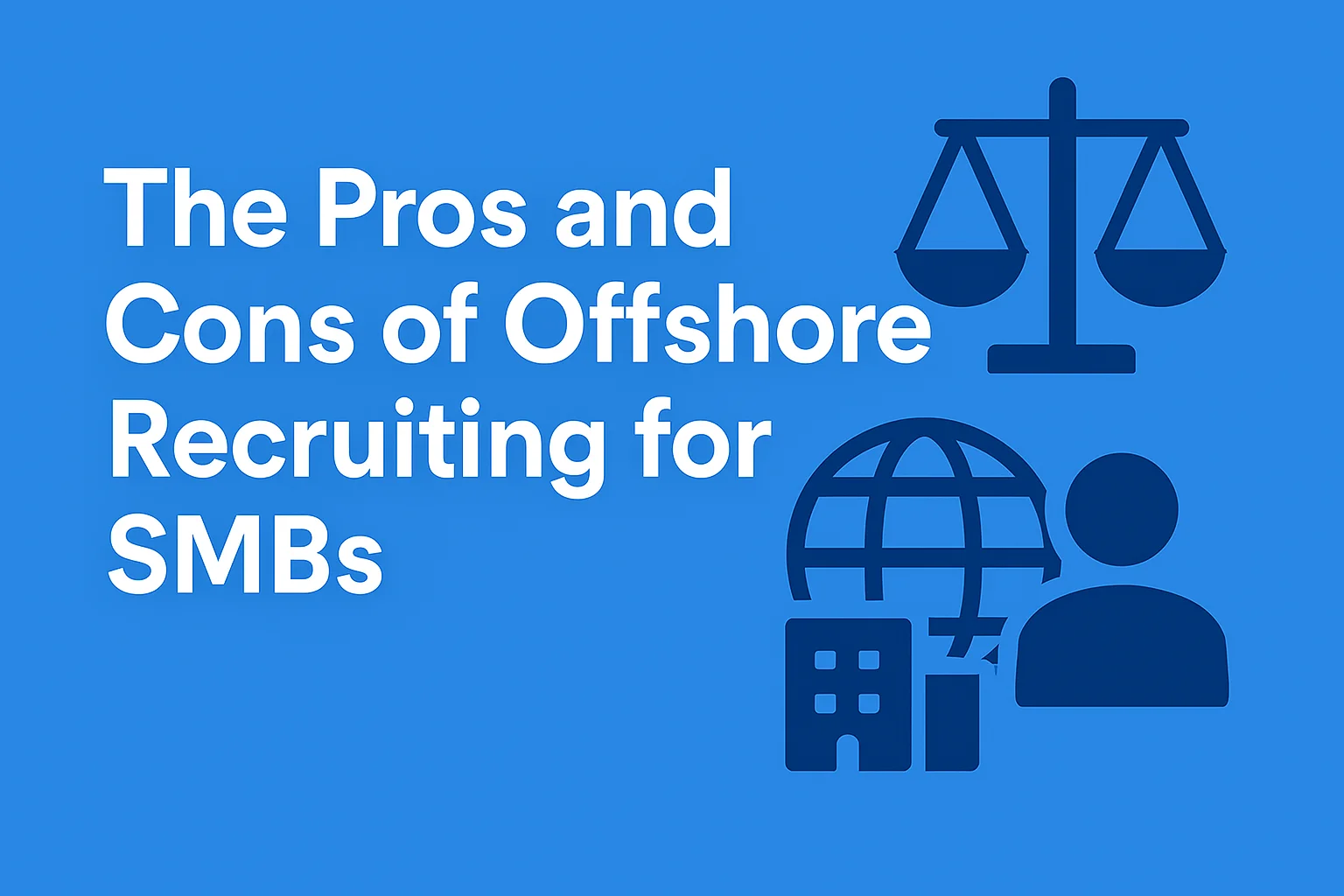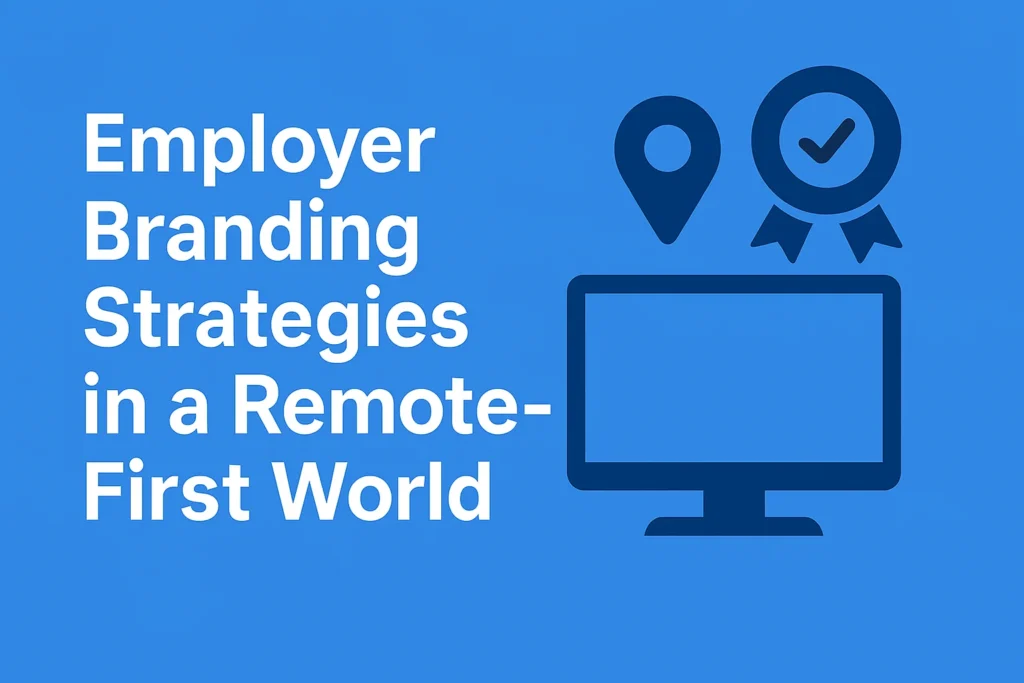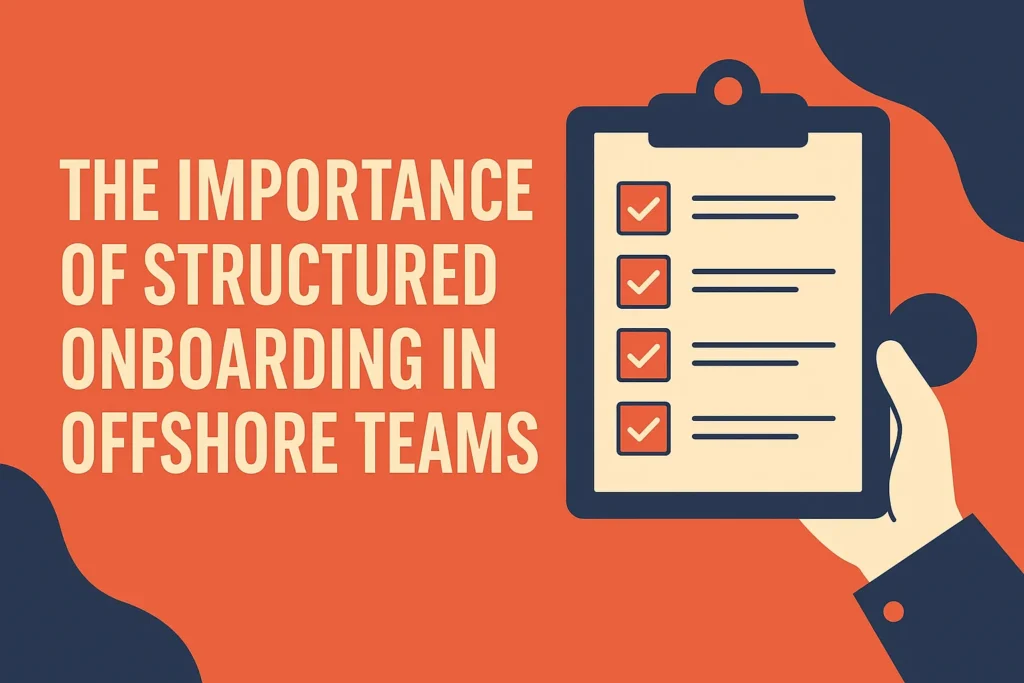Offshore recruiting is becoming more popular among small and mid-sized businesses looking to tap into global talent pools. While offshore hiring offers benefits like cost savings and scalability, it also presents certain challenges. In this article, we explore the pros and cons of offshore recruiting to help you make an informed decision.
Why Offshore Recruiting Matters
With skills shortages and rising salaries in many markets, SMBs are increasingly looking overseas to fill critical roles and stay competitive.
Pros of Offshore Recruiting
1
Cost Efficiency
Access talent at a lower total cost compared to local hiring
2
Scalability
Easily expand your recruiting capacity without significant local infrastructure.
3
Global Talent Pool
Tap into specialized skills and broader diversity unavailable in local markets.
4
24/7 Recruiting
Time-zone differences can create around-the-clock recruiting coverage.
5
Flexibility
Quickly adapt to hiring surges without committing to permanent headcount.
Cons of Offshore Recruiting
1
Communication Barriers
Language or cultural differences may affect candidate engagement.
2
Time Zone Coordination
Scheduling interviews across global time zones can add complexity.
3
Quality Control
You need strong processes to ensure offshore recruiters meet your standards.
4
Data Privacy
Handling candidate data across borders requires careful compliance with regulations like GDPR.
5
Employer Branding
Maintaining a consistent brand voice across global teams takes extra effort.
Best Practices for Offshore Recruiting
- Provide thorough training
- Use standardized interview scripts
- Appoint local quality controllers
- Maintain strong security and compliance processes
Conclusion
Offshore recruiting offers powerful benefits for SMBs but requires thoughtful planning and execution to succeed.



